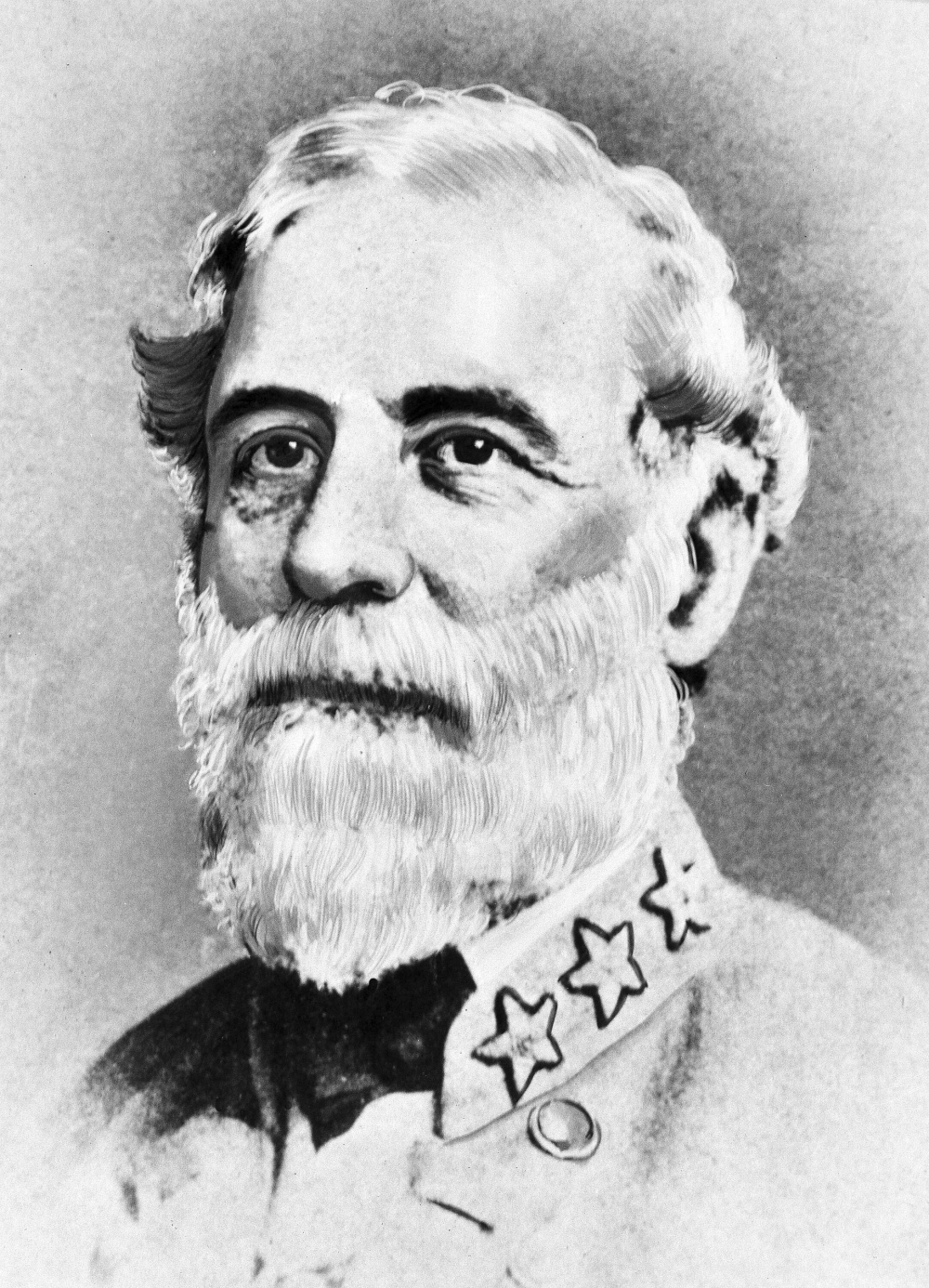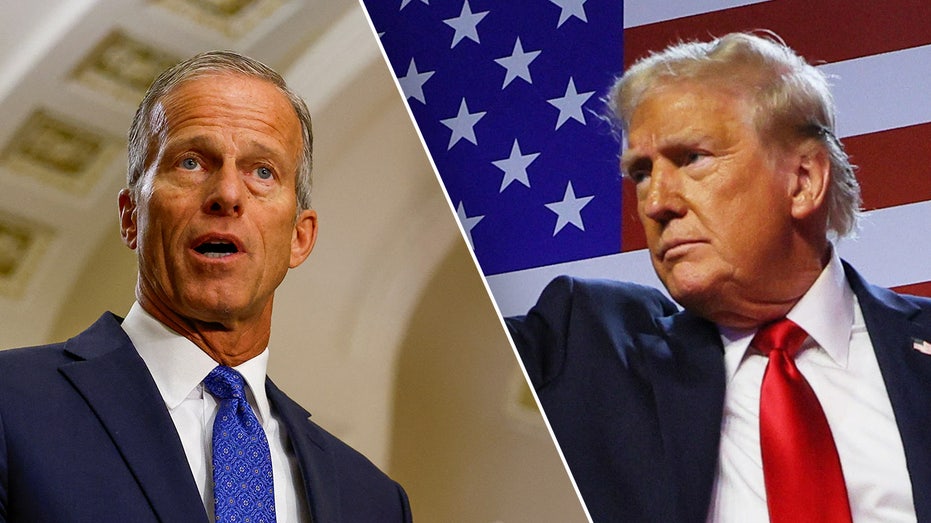
The “Make America Great Again” slogan, championed by Donald Trump, JD Vance and their followers, resonates a call for the return of a bygone era. While it may appear to be a modern political rallying cry, its roots are deeply entrenched in America’s historical conflicts over identity and race. Understanding MAGA as an original aspect of American politics requires a journey back to the ideological battles that have shaped our nation.
During the U.S. Civil War and the turbulent years leading up to it, there was a significant faction within the Northern states that sympathized with the Confederacy.

Figures like Fernando Wood, the three-term mayor of New York City, openly advocated for the economic benefits tied to the South’s slave-driven commodities market. Kyle Bailey , a native of the American South, is a former Maine state representative from Gorham and a political consultant. In his 1861 address to the City Council, Wood proposed that New York City secede alongside Southern states to preserve these economic ties.
This sentiment wasn’t limited to New Yorkers; it permeated throughout much of the Mid-Atlantic and Midwestern states, revealing a profound connection between Northern capital and Southern agrarianism. This alignment was economic and ideological. While the Confederacy’s cause was wrapped in the rhetoric of states’ rights, it was fundamentally about maintaining a social order based on racial hierarchy.
The maintenance of this caste system allowed the wealthy white few to control the levers of government and accumulate significant wealth at the expense of enslaved Blacks and poor whites who toiled the land with little to show for it. The slogan “The South will rise again,” often attributed to Confederate President Jefferson Davis, was a defiant post-war declaration of ongoing resistance to federal authority and a vision for a society structured around white supremacy. Fast forward to the present, the echoes of this resistance are evident in the MAGA movement.
Its call to “Make America Great Again” is a nod to a past where racial and social hierarchies were more pronounced and publicly accepted. MAGA’s narrative of America’s decline pinpoints shifts in social policies, increased diversity and changes in traditional economic structures as sources of current grievances. This narrative isn’t just about lost economic prosperity, but also about perceived losses in cultural and social dominance.
MAGA’s strategy involves painting a picture of America where traditional values are under threat from progressive policies, immigrants and movements for racial and social justice. This mirrors the old Confederate ideology, which sought to galvanize support through a shared sense of besiegement and nostalgia for a past order. Both movements leverage historical revisionism, seeing themselves as defenders of an idealized version of America that prioritizes certain groups at the expense of others.
The real power of MAGA, like that of the Confederacy, lies in its ability to mobilize disaffected segments of the population. Many who rally under the MAGA banner do so out of a genuine feeling of disenfranchisement — perceiving themselves as victims in a rapidly changing America. MAGA’s movement leaders channel these frustrations toward scapegoats: immigrants, minorities, academics, progressives and Democrats.
The persistence of this ideology reveals a troubling aspect of American history: the recurring appeal of authoritarian and exclusionary policies under the guise of national restoration. MAGA, much like Confederate sympathy in the North, isn’t an aberration, but a recurring feature of American political life. In essence, MAGA isn’t a new phenomenon, but a modern manifestation of an enduring American struggle over who is considered American and what America stands for.
Addressing this challenge requires more than political opposition; it necessitates a deep engagement with the underlying fears and hopes of its adherents. It involves exposing historical continuities and educating the public about the impacts of embracing such a divisive and regressive vision that does nothing to actually improve the everyday lives of hard working Americans, but brilliantly serves the ultimate goal of its propagandizers. That goal is to divide and distract the American people while billionaires and multinational corporations accumulate greater wealth and power for themselves at the expense of working and middle class Americans of every color and creed.
It is imperative to remember that the ideals of liberty, justice, equality and democracy — for which so many Mainers have made the ultimate sacrifice — must be constantly affirmed and protected from those who would redefine these virtues for exclusionary and self-serving ends. We believe it’s important to offer commenting on certain stories as a benefit to our readers. At its best, our comments sections can be a productive platform for readers to engage with our journalism, offer thoughts on coverage and issues, and drive conversation in a respectful, solutions-based way.
It’s a form of open discourse that can be useful to our community, public officials, journalists and others. Read more..
. We do not enable comments on everything — exceptions include most crime stories, and coverage involving personal tragedy or sensitive issues that invite personal attacks instead of thoughtful discussion. For those stories that we do enable discussion, our system may hold up comments pending the approval of a moderator for several reasons, including possible violation of our guidelines.
As the Maine Trust’s digital team reviews these comments, we ask for patience. Comments are managed by our staff during regular business hours Monday through Friday and limited hours on Saturday and Sunday. Comments held for moderation outside of those hours may take longer to approve.
By joining the conversation, you are agreeing to our commenting policy and terms of use . More information is found on our FAQs . You can modify your screen name here .
Show less Please sign into your Press Herald account to participate in conversations below. If you do not have an account, you can register or subscribe . Questions? Please see our FAQs .
Your commenting screen name has been updated. Send questions/comments to the editors..















